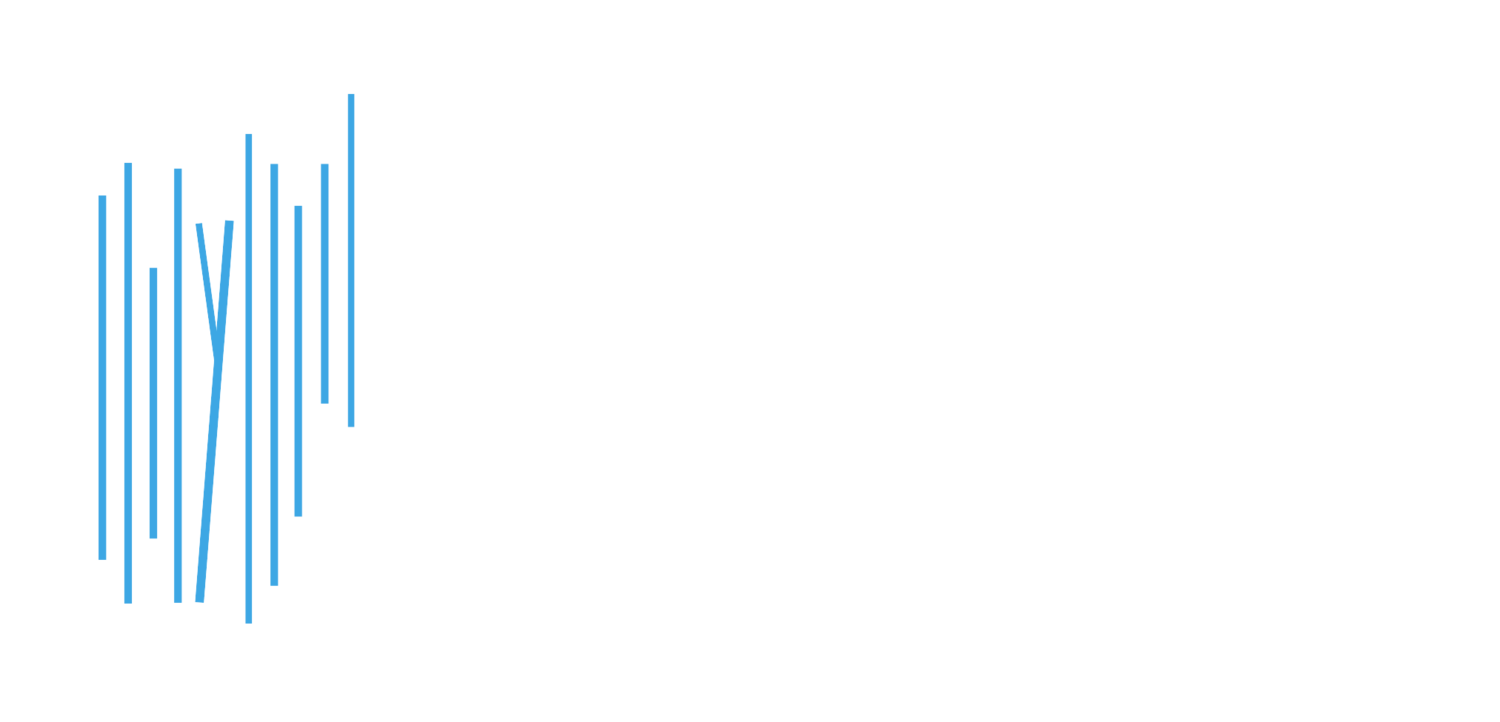I had an interesting conversation with my life coach a while back about goals for my business. I went through the usual spiel about needing to bill so many hours at a certain rate to make enough money to make ends meet and have a bit extra for college savings, retirement, maybe a vacation here and there.
Sound familiar? She said that sounds pretty depressing - that I’m talking about a survival plan, and that I should be planning to thrive, not just survive.
That hit home for me. I grew up in a household that struggled to make ends meet. Bills weren’t always paid, utilities were turned off, notices from landlords, powdered milk, etc… A new glove or spikes for baseball was a big deal. We were never poor as in government-assistance poor, but I think we were working poor or close to it. My mom had a steady job at the local university that didn’t pay that well but did provide great health insurance, thank goodness. My dad sold cars but it always seemed to be a losing battle for him.
All that said, our family was and still is tight and we love each other deeply. My parents were successful in building an environment of love and acceptance. They just weren’t “reach for the stars” kind of people. They were products of the Great Depression and probably considered financial struggles a given.
It makes sense that I have had to struggle with the notion of thriving. It just wasn’t part of my upbringing - we were survivors, not thrivers.
So that conversation with my life coach was startling. It struck deeply and altered my outlook profoundly. I now think of building a business with unlimited upside. It’s no longer about how many clients I can handle personally, but about building an organization that scales to the business opportunities available locally, regionally, and nationally.
And that all started with my coach helping me to identify my self-imposed limitations and removing that barrier to merely survive.
So the question is - are you a survivor or a thriver? Is your business thriving or merely surviving? If you’re in the survivor camp, FLX Business Services can help you identify those self-imposed limits that are holding back your business and build a plan to thrive moving forward.
Click here today to book a free initial consultation!



